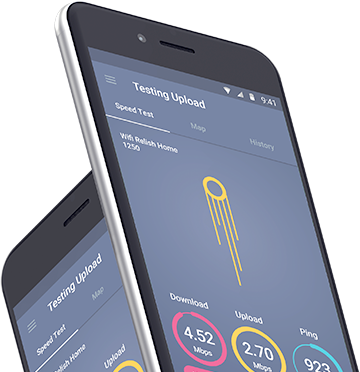Germany's 5G auction is in full swing, with
bidding over the €5 billion mark at the time of writing. The sale of spectrum in the 2100 MHz and 3600 MHz bands raises the possibility of a fourth operator in Germany, as
Drillisch Netz, a subsidiary of 1&1 Drillisch, has joined the bidding. Drillisch says it plans to launch as a 5G operator, but it's unclear at this stage whether it’s planning a full consumer service or something more enterprise-focused.
Germany's operators have been pretty quiet on their 5G plans, presumably waiting for the outcome of the auction before setting out their stalls. We expect to see 5G launched in Germany by the end of 2020, but it's likely to be some years before the benefits of these new networks are felt by the majority of mobile users.
Germany's 5G auction includes coverage obligations: regulators expect the winning German operators to provide 100 Mbps speeds to 98% of the population by 2022 — less than four years away. And there still remains some doubt as to whether the operators will even meet the coverage obligations that were attached to the most recent 4G auction in 2015. That auction’s terms mandated the winning operators to cover 98% of the population with 4G by the end of 2019, but the latest figures from O2, Telekom and Vodafone show they remain some way short of this goal.
Opensignal recently analysed 4G Download Speeds on Germany's licensed spectrum bands, and found that while some users in urban areas were enjoying speeds over the 50 Mbps mark, the experience for the majority of smartphone users was barely half that. And our analysis has shown the country consistently fails to measure up to its European neighbors across many of our metrics. Germany's operators cannot afford to wait for the 5G opportunity — they need to make some pretty urgent improvements to their mobile network experience today.



